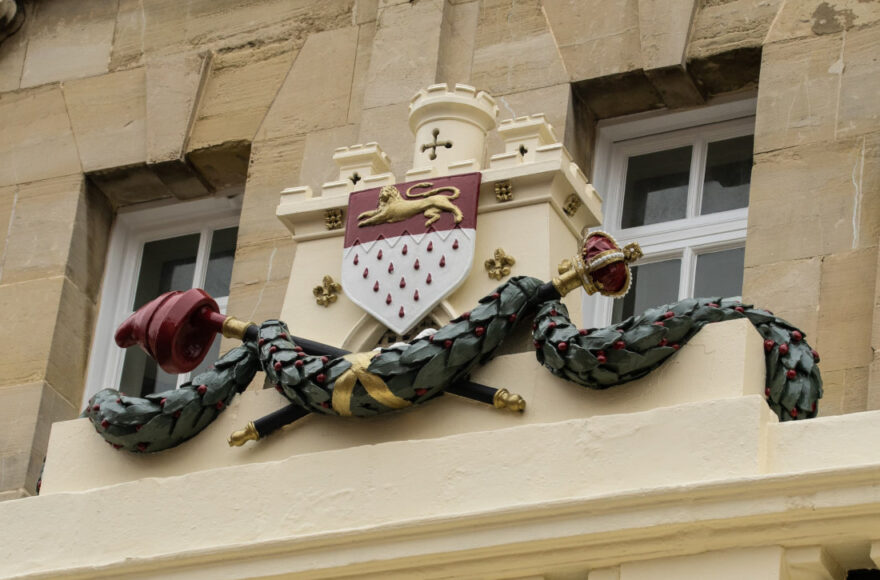Attorneys, when dealing with the administration of a donor’s affairs under an Enduring or Lasting Power of Attorney, must have regard to the donor’s wishes and prior instructions contained in, or annexed to, that Power. In addition, the attorneys must have regard to the provisions of the Mental Capacity Act 2005 (the Act), which provides a statutory framework for those dealing with the affairs of a person who lacks capacity.
To assist attorneys interpret the Act for the purpose of administering the donor’s affairs, a Code of Practice (the Code) has been designed to provide guidance to those making decisions on behalf of an incapacitated person.
The Code can be accessed on the Gov.UK website:
https://www.gov.uk/government/publications/mental-capacity-act-code-of-practice
Particular attention by attorneys should be given to section 7 of the Code which specifically relates to attorneys, whether personal welfare or property and finance.
Under a personal welfare LPA, an attorney is authorised to make decisions such as where and with whom the donor should live, the donor’s day to day care needs, including diet and dress, and arrangements concerning the donor’s medical, dental or optical needs or treatment.
A finance attorney is authorised to buy and/or sell the donor’s property, manage a bank or building society account, claim, receive and use all income, benefits, and pensions on behalf of the donor, to deal with the donor’s capital investments, income tax affairs, and discharge all household expenses and other financial liabilities or commitments.
Guidance can be obtained as to the giving of limited gifts which is often an area of confusion to many attorneys. For example, moderate gifts can be made to an individual who is related or connected to the donor, or to a charity to which the donor actually made gifts or would be expected to make gifts if they had capacity. However, larger gifts would require the Court’s approval.
The Code also confirms the duty of care imposed on attorneys to carry out the donor’s instructions, not to take advantage of the attorney’s position, not to delegate unless authorised to do so, to act in good faith, to keep the donor’s affairs confidential, and not to disclaim their role unless notice is given to the donor and public guardian. Finance attorneys also have a duty to keep a set of accounts and to keep the donor’s money and property separate to their own.
If you are an attorney and are concerned about your duties and/or role, please do not hesitate to contact the private client department at George Ide LLP on 01243 786668 for further information.
Stephen Shine.
Chartered Legal Executive. Private client department.
Contact Our Friendly Legal Experts Today
For general enquiries or to discuss more specific needs in personal or commercial law please get in touch with a friendly member of our team today.
Latest News

All You Need to Know About Contentious Probate

Myth busting Mediation - What is it, and how can it help?

Your Quick Guide to End of Year Tax Planning

Court Claims & the Limitation Period

How the Court of Protection Works and the Role of a Deputy








